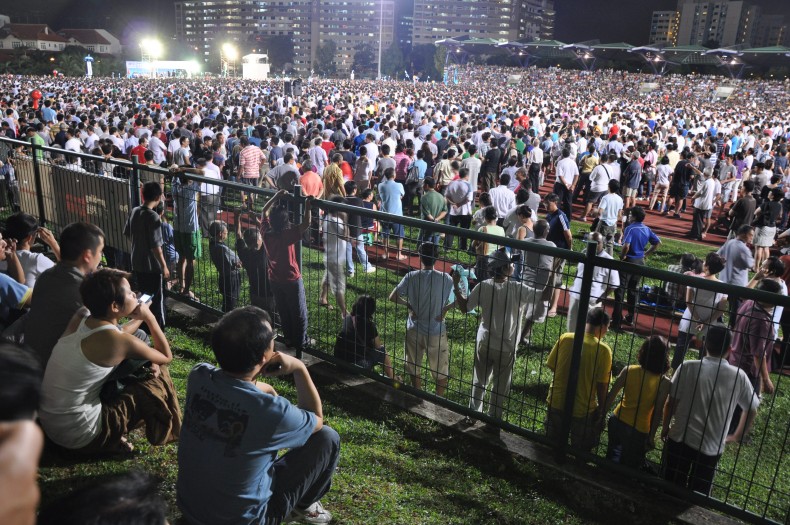
Discussions about the use of media during elections in Singapore are often based on speculation or incomplete data at best. To get a clearer, data-based sense of the state of media and its use in the 2011 election, the Institute of Policy Studies (IPS) carried out a survey shortly after the polls. The survey also provided answers to other questions often raised about voters such as their political traits (are they liberal, do they feel empowered, etc), their political participation (how often they sign petitions online, how often they volunteer to help political parties or attend rallies, etc), and their attitudes towards media (which media is important and trustworthy to them).
We have decided to present the almost-complete set of results of this 2011 media use survey. The full series of snapshots can be found here: Snapshots from the 2011 IPS Post-Election Media Use and Political Traits Survey.
Here are the highlights:
Political traits
- A good proportion of Singaporeans were not interested in politics (32.5 per cent and 44.6 per cent measures by two different questions on political interest)
- Nearly three in ten felt that they didn’t have a good understanding of politics
- Nearly half felt they didn’t have a say in what the government does
- Nearly half were “politically liberal”, saying there were too many rules against participating in political activities in Singapore
- Nearly three in ten were “politically cynical”, believing that politicians were more interested in having power than catering to the people’s wishes
Participation
- Political participation was generally low. This included both online and offline participation
- More than four in ten did not discuss the election even with their family or friends
- Nearly one in four attended at least one political rally during the 2011 GE, with the four most popular rallies in descending order being those of the WP, PAP, SDP and NSP
- Nearly two thirds had decided who they voted for before nomination day
- Half refused to answer if they voted or who they voted for
Media Use and attitudes towards media
- Use of mainstream media (whether in traditional formats such as print or broadcast or in online formats) for election information was higher than for alternative websites
- In the six months leading up to the 2011 GE, about 30 per cent read blogs and websites with alternative news such as Yawning Bread and The Online Citizen. During the election period itself, 21 per cent read election news from these alternative sources.
- During the 2011 GE, newspapers had the most influence on how people voted. On average, people spend close to 25 minutes a day reading newspapers for election news.
- Political party websites were not very popular, with the most visited being WP’s (used by nearly 18 per cent) and the PAP’s (by nearly 16 per cent)
- Nearly half (46.7 per cent) had a Facebook account, 4.2 per cent followed the elections using Twitter and other micro-blogging services, and 90.7 per cent had a mobile phone
- Newspapers and television were the most important sources of election information
- Newspapers and television were most trusted as sources of election information.
- One in two said there was too much Government control of newspapers and television
- Over a third thought there were too many restrictions on what people could write about politics and government online
- Three in ten said newspapers and television were not fair when they reported on Singapore politics, political parties and elections. Two in ten said this of blogs, Facebook and Twitter. This seems to contradict the other findings about importance of and trust of different sources, or it could just be that there were much fewer people who turned to blogs, Facebook and Twitter for election information.
This survey was also used for a series of different studies on media and the 2011 election. These have just been published in a book Battle for Hearts and Minds: New Media and Elections in Singapore, which is available in bookshops and for order online here.
This is the second piece in our New Media Insights series.
Tan Tarn How is a Senior Research Fellow. View his profile here.
Photo via Cherian George
